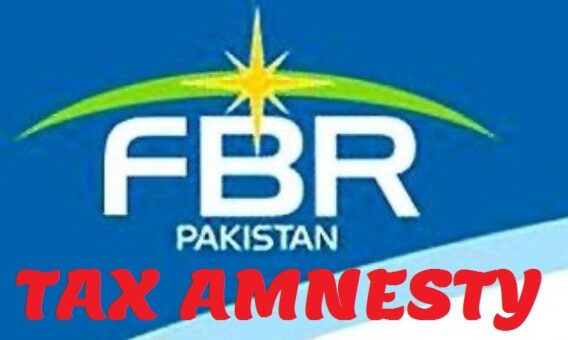KARACHI: The Federal Board of Revenue (FBR) has been urged to zero rate the sales tax on supplies of goods made to charitable or non-profit organizations providing public welfare services.
Karachi Tax Bar Association (KTBA) in proposals for budget 2022/2023, suggested amendments to sales tax laws regarding charitable or Non-Profit Organizations (NPOs), including hospitals and educational institutions.
READ MORE: Advance tax on individuals must be for Rs10mn turnover
The tax bar said that contrary Income Tax Law, there is no clear concept to determine a Charitable or Non-Profit Organizations in Sales Tax Act, 1990 and consequent to amendments brought in Fifth and Sixth Schedules, via Finance Supplementary Act, 2022 the situation has become more grave for these taxpayers.
“Public welfare services provided by such charitable, hospitals and educational institutions has become expensive as a good chunk of their revenue (donations/ grants) ends up in payment of sales taxes. This being contrary either to agreements signed by the Government with other States and international donors,” the tax bar said.
READ MORE: Eliminating commissioner audit selection power sought
It is suggested that supplies of goods to these institutions be charged to tax at the rate of zero percent and following new entry be inserted to Fifth Schedule: “Supplies to a Non-Profit Organization as determined U/s. 2(36) of Income Tax Ordinance, 2001″.
Earlier, the KTBA proposed the discretionary power of commission Inland Revenue to select audit cases should be eliminated.
“The power to select should only be exercised by the Federal Board of Revenue (FBR) under Section 214C of Income Tax Ordinance, 2001,” the tax bar proposed in its proposals.
READ MORE: Threshold be doubled for domestic electric consumers
The tax bar said Sub-Section (2) of Section 138 provides that If the amount referred to in the notice issued under sub-section (1) is not paid within the time specified therein or within the further time, if any, allowed by the Commissioner, the Commissioner may proceed to recover the tax in the prescribed manner.
“The tax authorities construe that term ‘payment’ mentioned in the section 140 does not cover amount recovered from the tax payer,” it added.
READ MORE: Genuine NPOs unable to get benefit of 100% tax credit
The KTBA said that rigorous proceedings causing hardship to taxpayers and leading protracted departmental and appellate proceedings.
“The power to select the return of income may rest only with the FBR already having the powers to select the case randomly through Computer U/s. 214C of the Ordinance,” it recommended.






